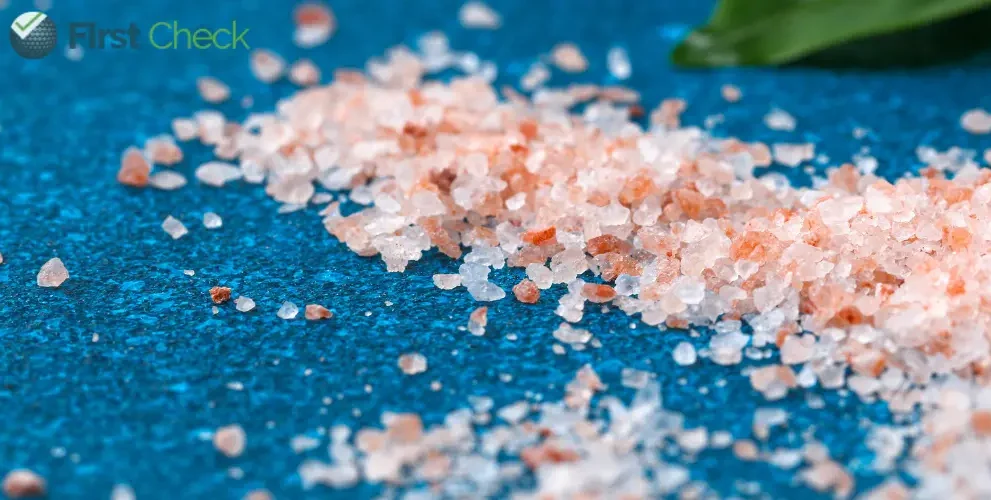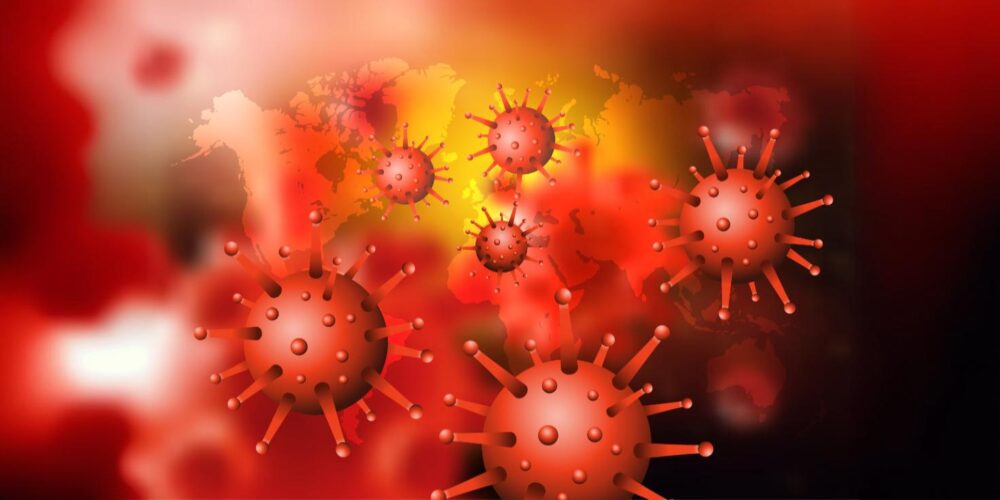Explainer: Why microplastics in food are damaging
Author
Author
- admin / 8 months

- 0
- 2 min read

Indians with a high consumption of salt and sugar are exposed to a significant amount of these food contaminants daily, according to a recent study.
A recent study in India indicates the presence of microplastics in edible table salt and sugar. Indians with a high consumption of salt and sugar are exposed to a significant amount of these food contaminants daily, note the authors of the Indian study.
Microplastics – small pieces of plastic, less than five millimetres long – are a global concern due to their potential adverse impact on health and environment. Being ubiquitous in nature, they have been detected in many marine species, drinking water, and edible items. Given that they are insoluble in water and non-biodegradable, microplastics persist in the environment for a long time.
Most microparticles enter our bodies through the food we eat and the water we drink. The effects of ingesting microplastics have been identified and classified by researchers into three stages: blockage and damage of the digestive system, release of toxic chemicals into the body, and the assimilation of these substances by organs and tissues. While it’s difficult to ascertain the magnitude of harm caused, chemicals such as phthalates and bisphenols, aka endocrine disrupting chemicals (EDCs) used to manufacture microplastics, are known to leach out and hinder the functioning of the endocrine system, causing hormonal issues, inflammation and metabolic disorders.
Global efforts are being made to find viable solutions to reduce the accumulation of microplastics in the environment as well as to reduce plastic consumption worldwide. The recent Indian study recommends manufacturers to assess the source of microplastic contamination while processing salt and sugar. The industry needs to promote the use of filtration and purification techniques in the processing of salt and sugar.
At the consumer level, it’s prudent to make conscious everyday choices. For instance, you can replace plastic food containers with glass or steel containers. Similarly, you choose products from brands with transparent and rigorous protocols, such as trusted organic food brands.
Read More : Explainer: The link between microplastics and men’s reproductive health









